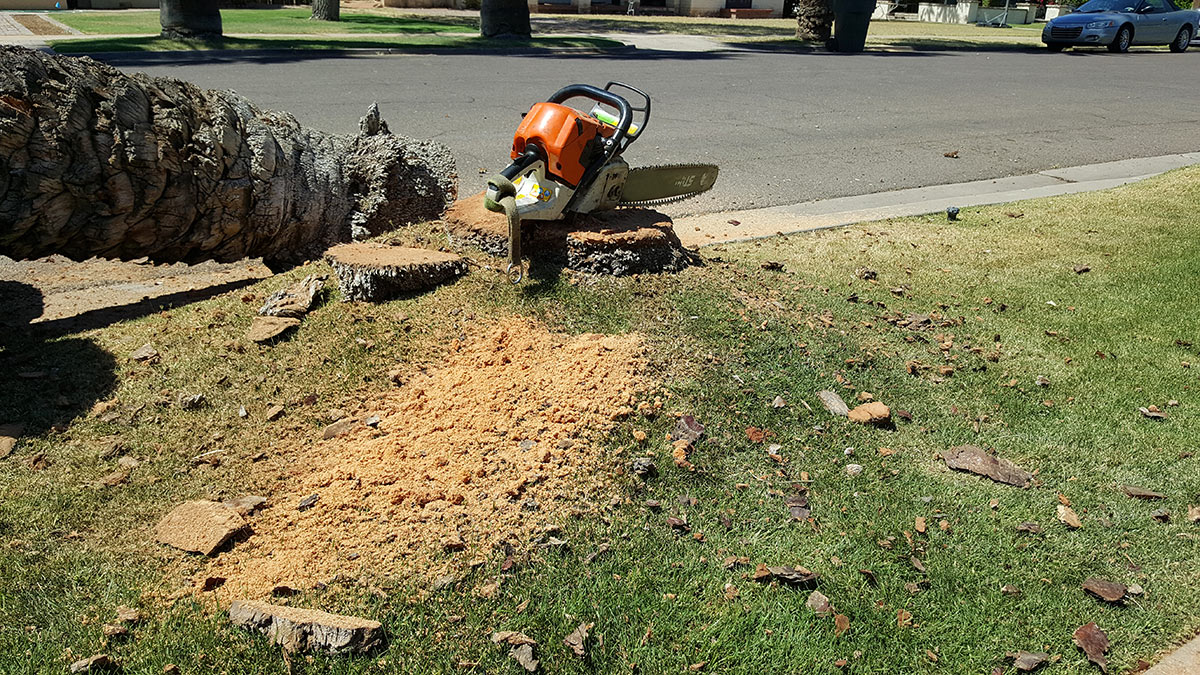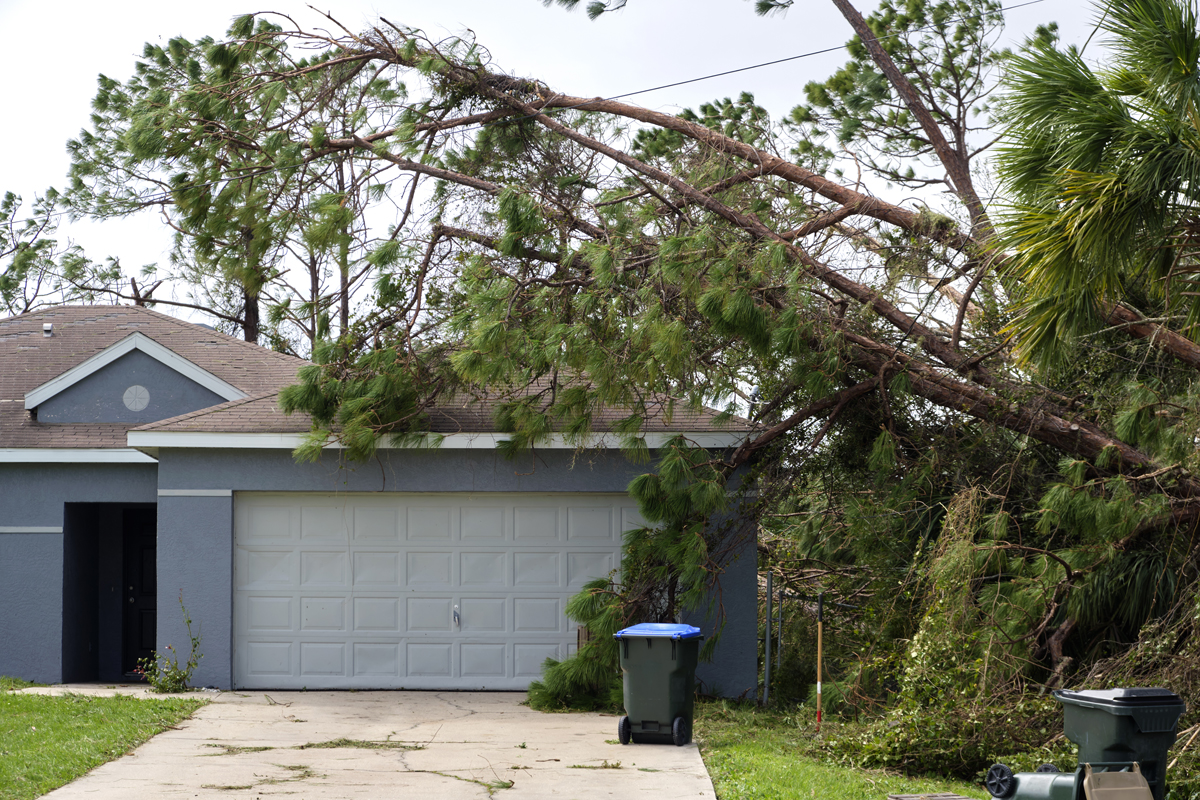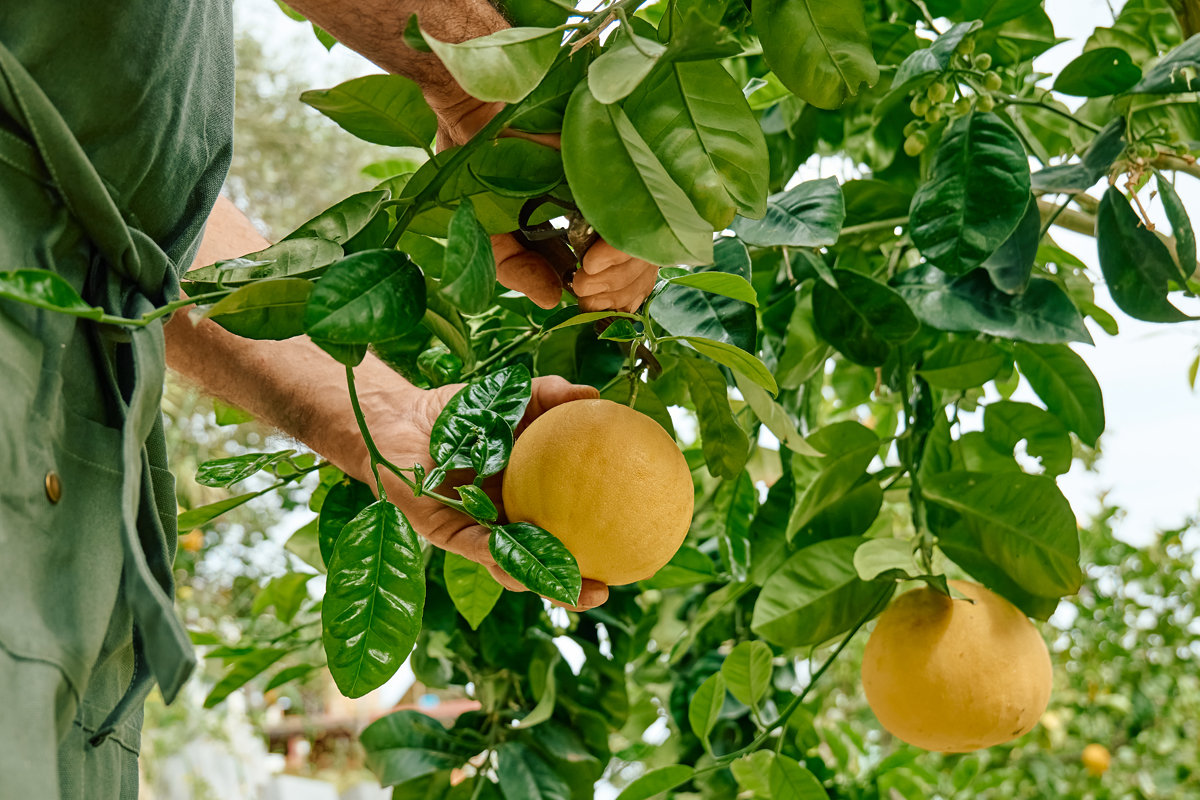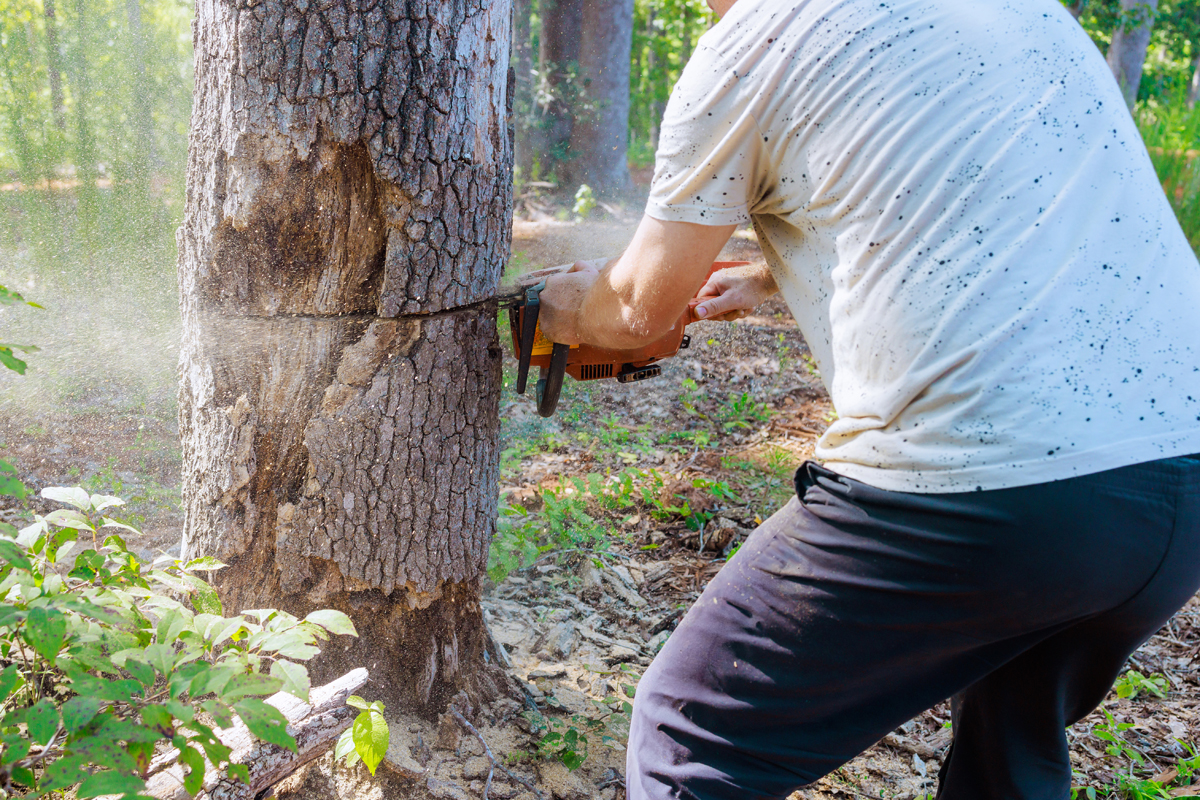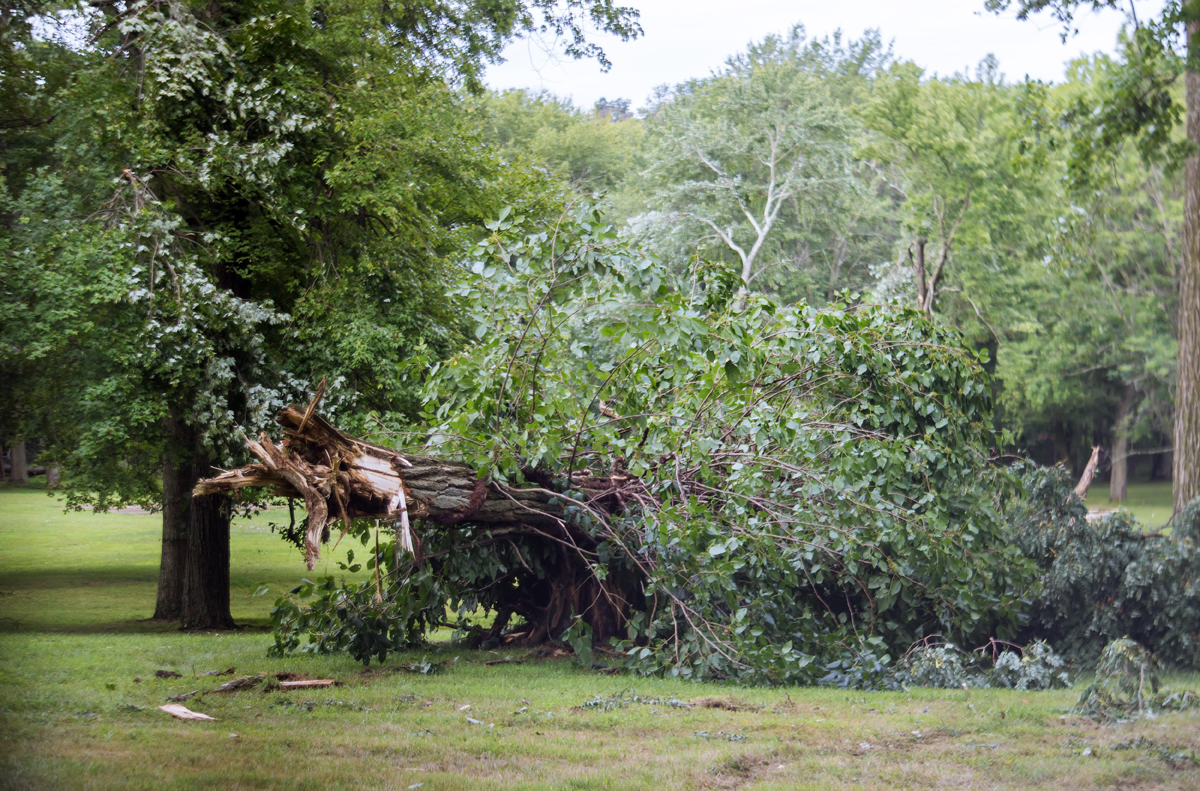
Hey Phoenix neighbors! If you've ever looked up at your trees and thought, “They’re big, they’re beautiful, but maybe they’re a little… out of control,” you’re not alone. At Liberty Tree Experts, we know trees add character, shade, and life to your property, but they also need care, trimming, and the right expertise to thrive safely in Arizona’s desert climate. Here are some of the biggest advantages you’ll get when you hire us for trimming and tree care services around Phoenix.
1. Certified Arborists & Genuine Expertise
One of the first things to look for is whether a tree service has certified arborists. At Liberty Tree Experts in Phoenix, our crews include arborists with strong training. Liberty Tree Experts
It is great that certified arborists know species-specifics needs and how to prune trees in the correct manner so they not only heal correctly but also avoid pests and disease. They also understand how Arizona's sun and monsoon conditions impact the structure of trees. Weak branches are the result of improper trimming and that canlead to delay and even a dangerous collapse. But we know how to get it right, first time!
2. Safety, Accountability & Proper Permits
Cutting big branches, sometimes near power lines or over roofs, is dangerous work. Liberty Tree Experts emphasizes safety and professional standards: climbs done right, safe lowering of cut limbs, trained crews, and the right equipment. Liberty Tree Experts+1
Plus, we’re accredited by the BBB in Arizona—an A+ rating. That shows we adhere to business practices, reliability, and a track record of satisfied customers. Better Business Bureau
3. Holistic Tree Health & Longevity
We don’t just trim trees to make them look nice. There’s a bigger picture: trimming for optimal health, removing dead or diseased branches before they spread issues, thinning out dense canopies so air and sunlight can more easily reach inside, which reduces risk of disease and storm damage. Liberty Tree Experts+1
In phoenix where long periods without rainfall are commonplace, it is not surprising that trees who get regular care hold up better in our climate. Trimming can reduce the chance of branch failure during high winds or monsoons.
4. Aesthetic Appeal & Property Value
Nothing makes a property look well-taken care of than properly well-trimmed trees. Clean looking lines with no limbs looking out of place. It all adds to the curb appeal of your home. Whether you are enjoying your yard or looking for additional value on your house sale, an expert tree trimmer can be a big help!
5. Affordable, Transparent Service with Free Estimates
Nobody likes surprises when it comes time to pay. Liberty Tree Experts offers free estimates so you can see what work is required (pruning, trimming, removal, stump work, etc.), what it will cost, and what you’re getting. Liberty Tree Experts+1
We also strive for fair pricing. Because we serve the entire Phoenix valley (Scottsdale, Tempe, Mesa, Chandler, etc.), we have experience with many local tree types and property situations, which helps us evaluate efficiently and deliver cost-effective trimming. Liberty Tree Experts+1
6. Local Knowledge & Community Commitment
We’re not outsiders who show up once and leave. We are Phoenix area experts. We understand what trees like, what soil, what watering practices, what pruning schedules work in hot, dry weather mixed with monsoon storms. Liberty Tree Experts also emphasizes being part of the community, with strong customer reviews and repeated clients. Liberty Tree Experts+1
When you hire a local arborist, you get someone who drives past your trees daily, who can foresee local pests or climates issues before they become crises, and who cares about their reputation in your neighborhood.
7. Safety from Liabilities & Storm Damage
In Phoenix, summer brings monsoon storms; branches weakened by neglect can fall, damaging property or hurting people. Trimming reduces those risks. Also, managing dead or dying limbs, especially near roofs or power lines, can be critical for avoiding damage (and possibly insurance issues).
Plus, for removing a tree, stump grinding, palm tree removal, and even cactus removal, Liberty Tree Experts covers the full gamut safely. That means one company handling all your tree concerns. Liberty Tree Experts
Conclusion
If you live in Phoenix and your trees are starting to tower, droop, or threaten wires or roofs—or if you just want to keep things looking clean and healthy—trimming services by Liberty Tree Experts are a smart investment. You get certified arborists, safety, good tree health, aesthetic and property value, transparent pricing, and a team that knows Arizona inside and out.
*These are cost estimates. Contact the experienced team at Liberty Tree Experts for more information.
Receive A Free Stump Grinding Cost Quote
If you would like to receive a free
stump grinding cost quote anywhere in the Phoenix Valley,
Liberty Tree Experts can help! We offer
affordable stump grinding services in Scottsdale, Phoenix, Chandler, Gilbert, Mesa, Glendale an more. Remove those sick or dead palm trees from your residential yard or commercial property.
